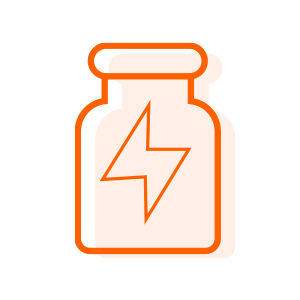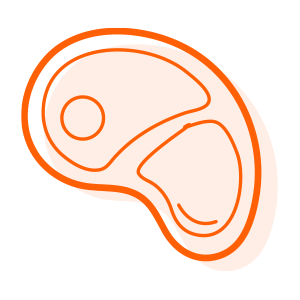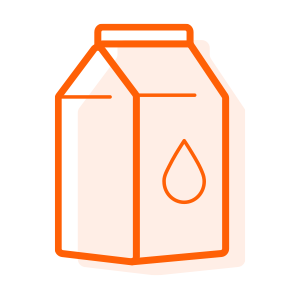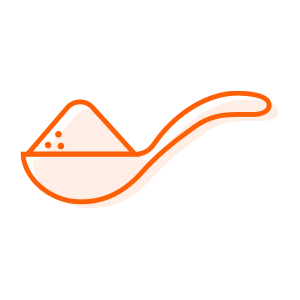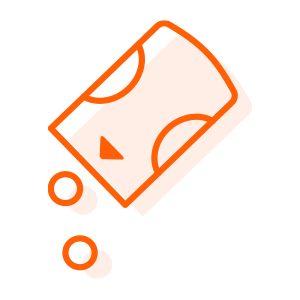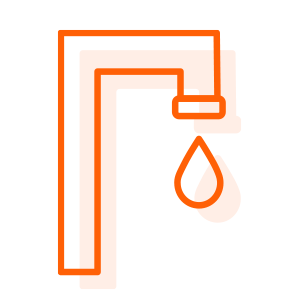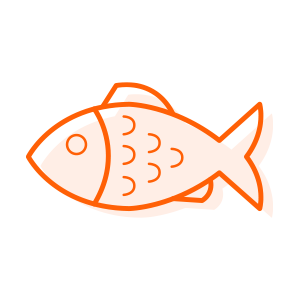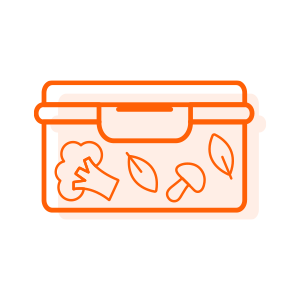It is not recommended to consume any type of dietary supplements without them being prescribed by your medical team or your designated dietitian/nutritionist.
Can I eat red meat?
You do not have to eliminate red meat from your diet during cancer treatment, but it is recommended to consume moderately and limit the consumption of processed meat. However, its consumption is entirely optional.
Should I cut dairy products out of my diet?
The experts’ recommendation is to follow a healthy, balanced diet that includes daily consumption of dairy products. Dairy products should only be eliminated from your diet if your oncologist or your registered dietitian indicates so.
Does the consumption of sugar promote the growth of tumour cells?
Eating sugar or foods containing different types of sugars, especially from fruit, vegetables, and cereals, in moderation and as part of a balanced diet, has no harmful effects on health.
Does chocolate have a negative effect on people undergoing cancer treatment?
A moderate consumption of chocolate has no negative effect on the health of patients undergoing cancer treatment. Chocolate, preferably dark or high in cocoa (minimum 70%), can be included in a balanced diet, in moderate quantities.
Can I eat artificial sweeteners?
The consumption of artificial sweeteners available in the market is considered safe within the Acceptable Daily Intake (ADI). Nevertheless, experts are increasingly advising to restrict their consumption due to the lack of nutritional benefits they offer. Furthermore, they are often associated with highly processed products, the excessive consumption of which is linked to health issues.
Is harmful to drink tap water during treatment?
Under no circumstances. Tap water (provided it is stipulated as drinking water) can be used for human consumption, both for cooking and drinking.
Can I eat oily fish?
Yes. Fish (both white and oily varieties) and seafood are essential in a balanced and varied diet. They are an excellent source of proteins, minerals, vitamins from group B (B6 and B12) and vitamins A, D, E, and the best food source of omega-3 fatty acids.
Are all containers to store and conserve food safe?
Food-grade containers approved by the European Union, when used properly (single-use containers should not be reused, and they should not be microwaved unless specifically indicated as microwave-safe), are safe during cancer treatment.
Do I need special pots and pans?
No. Teflon and all other commercially available materials suitable for cooking are safe and adequate for people during cancer treatment.
